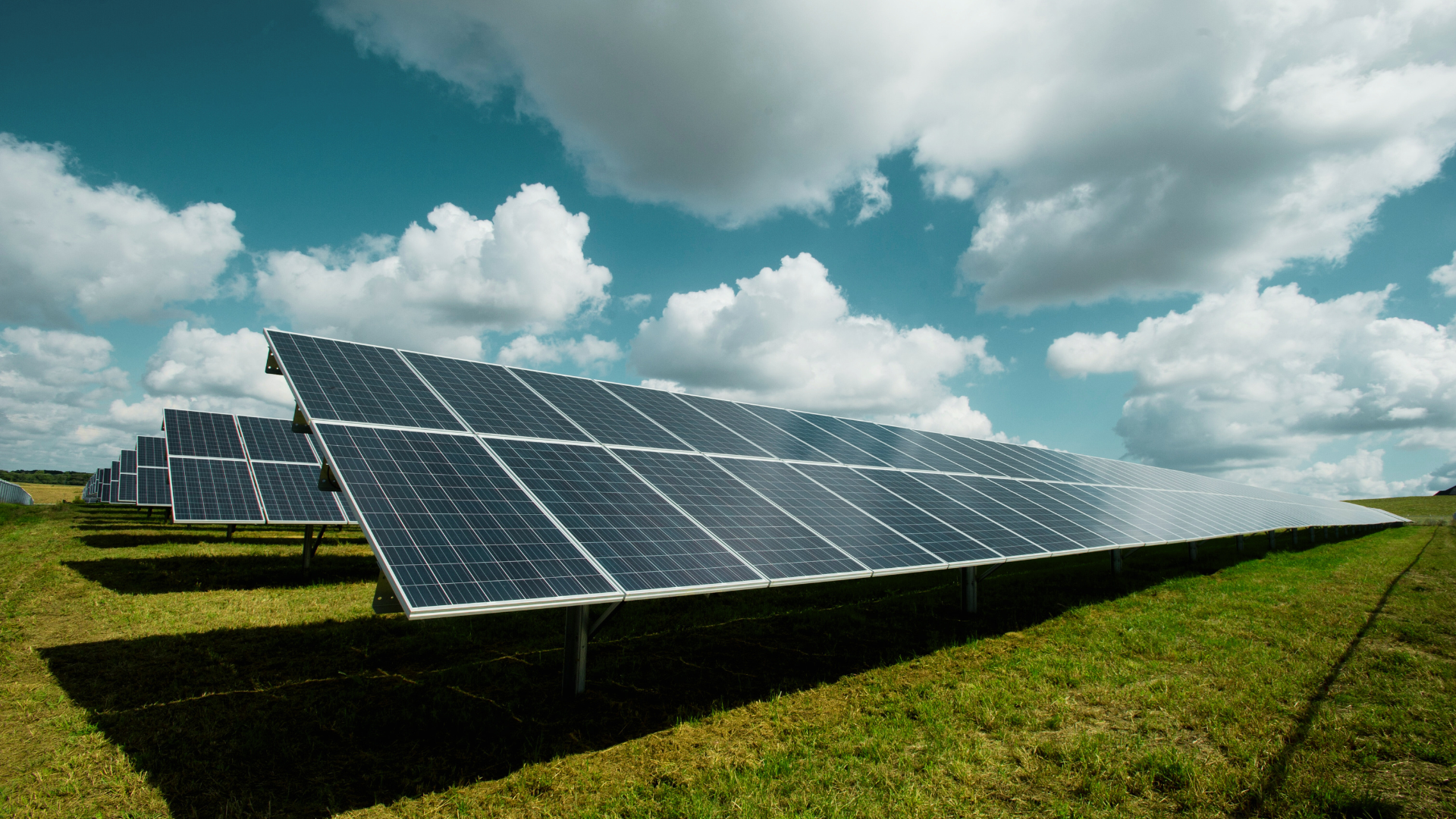The quest for sustainable energy solutions has prompted an increasing interest in solar panel installations among homeowners. Yet, navigating complex financing options often leaves homeowners wanting for guidance. Understanding the fundamental disparities between secured and unsecured solar loans is a crucial step. These loans are pivotal in setting up rooftop solar power plants and present homeowners with many benefits. As solar energy becomes a promising and eco-conscious investment, this guide unravels the complexities and knowledge needed to traverse solar financing options and make informed decisions that align with both their environmental aspirations and financial prudence.
Secured Solar Loans: A Closer Look into Solar Financing Options
Secured solar loans finance solar panel installations with a collateral to secure the borrowed amount. The essence of these loans lies in offering an asset, often a property with enough equity, as security to the lender. This collateral mitigates risks, enabling lenders to extend several advantages to borrowers. In secured loans, the reduced risk for lenders translates into substantial savings for borrowers, making solar financing economically feasible.
Advantages of Secured Solar Loans
Secured solar loans are pivotal in financing solar panel installations, offering several distinct advantages to homeowners:
Favourable Interest Rates and Fees: Secured loans provide borrowers with significantly lower interest rates and fees compared to unsecured loans. This financial advantage stems from reduced risk for lenders, resulting in substantial savings for borrowers.
Tax Benefits: Interest payments on secured solar loans are often tax-deductible, presenting an additional financial incentive for homeowners venturing into solar panel installations.
Disadvantages of Secured Solar Loans
Despite their advantages, secured solar loans come with certain challenges:
Application Delays: Secured loans might encounter delays during the application and approval process, extending the waiting period for loan approval and disbursement.
Risk of Asset Loss: Defaulting on payments can lead to foreclosure, risking the loss of the pledged asset. Prudent financial management is crucial to prevent any undesirable consequences.
Unsecured Solar Loans
In contrast to secured loans, unsecured solar loans do not require a collateral, placing a higher risk on lenders. This absence of an asset to secure the loan means that borrowers have to mitigate risks responsibly. Unsecured rooftop solar loans provide a different set of benefits and trade-offs. First, they present borrowers with a sense of security regarding their assets, eliminating the risk of potential foreclosure of the pledged collateral. Additionally, unsecured loans are often processed much faster due to the absence of a collateral.
Advantages of Unsecured Solar Loans
Unsecured solar loans offer many benefits to homeowners:
No Asset Risk: Without the collateral, unsecured loans lower the risk of potential asset loss.
Expedited Processing: The absence of a collateral often translates to a streamlined approval process, facilitated by close coordination between solar contractors and lenders, expediting loan disbursement.
Disadvantages of Unsecured Solar Loans
However, unsecured solar loans come with their share of drawbacks:
Potential Higher Costs: Borrowers might encounter comparatively higher costs associated with unsecured loans due to the increased risk for lenders.
Non-Tax-Deductible Interest: Interest paid on unsecured loans is typically not eligible for tax deductions, potentially affecting the overall cost of borrowing.
Choosing the Right Path: Secured or Unsecured Loans
The decision-making process of secured or unsecured solar loans rests on individual circumstances and priorities. Secured loans, while offering long-term value through favourable terms and reduced interest rates, necessitate collateral and might involve prolonged processing times. Both types of rooftop solar loans have their pros and cons. The inherent risks associated with secured loans, such as potential asset loss in case of default, warrant careful consideration and financial prudence. Conversely, unsecured loans present homeowners with quick processing and reduced risk to assets, albeit at potentially higher costs. The absence of collateral provides a sense of security but might come with higher borrowing expenses.
Therefore, the choice between secured and unsecured solar loans hinges on a thorough evaluation of personal financial situations, risk tolerance, and preferences. Understanding the nuances of each loan type is imperative before embarking on the solar financing journey, empowering individuals to make informed decisions aligned with their unique circumstances and aspirations.
Conclusion
Understanding the dynamics of secured and unsecured solar loans equips homeowners with insights to make informed financial decisions aligned with their preferences and risk tolerance. Delving into the nuances of each loan type before embarking on the solar financing journey empowers individuals to navigate toward sustainable energy solutions while ensuring financial prudence.
For personalised solar financing solutions and deeper insights, explore our resources or consult with an Electronica Finance Limited professional. Together, let’s embark on this solar journey, unlocking the potential of renewable energy while making smart financial choices.
FAQs:
What is the maximum tenure of a solar loan?
The maximum tenure of a solar loan typically spans anywhere from 5 to 25 years, depending on the lender and the terms of the loan. This duration allows borrowers the flexibility to repay the borrowed amount over an extended period, making it more manageable to cover the cost of installing solar panels. The exact tenure can vary based on individual loan agreements, with some lenders offering shorter repayment periods while others provide longer terms to accommodate varying financial capabilities and preferences of borrowers.
Can I install solar on EMI?
Yes, you can install solar panels on EMI (Equated Monthly Instalments). Many solar power companies and financial institutions offer EMI options to make solar installations more affordable. This allows you to spread the cost of installing solar panels over manageable monthly payments rather than paying the entire amount upfront. It’s a convenient way to embrace solar energy without the immediate financial burden, making it accessible for more people interested in transitioning to renewable energy sources.


